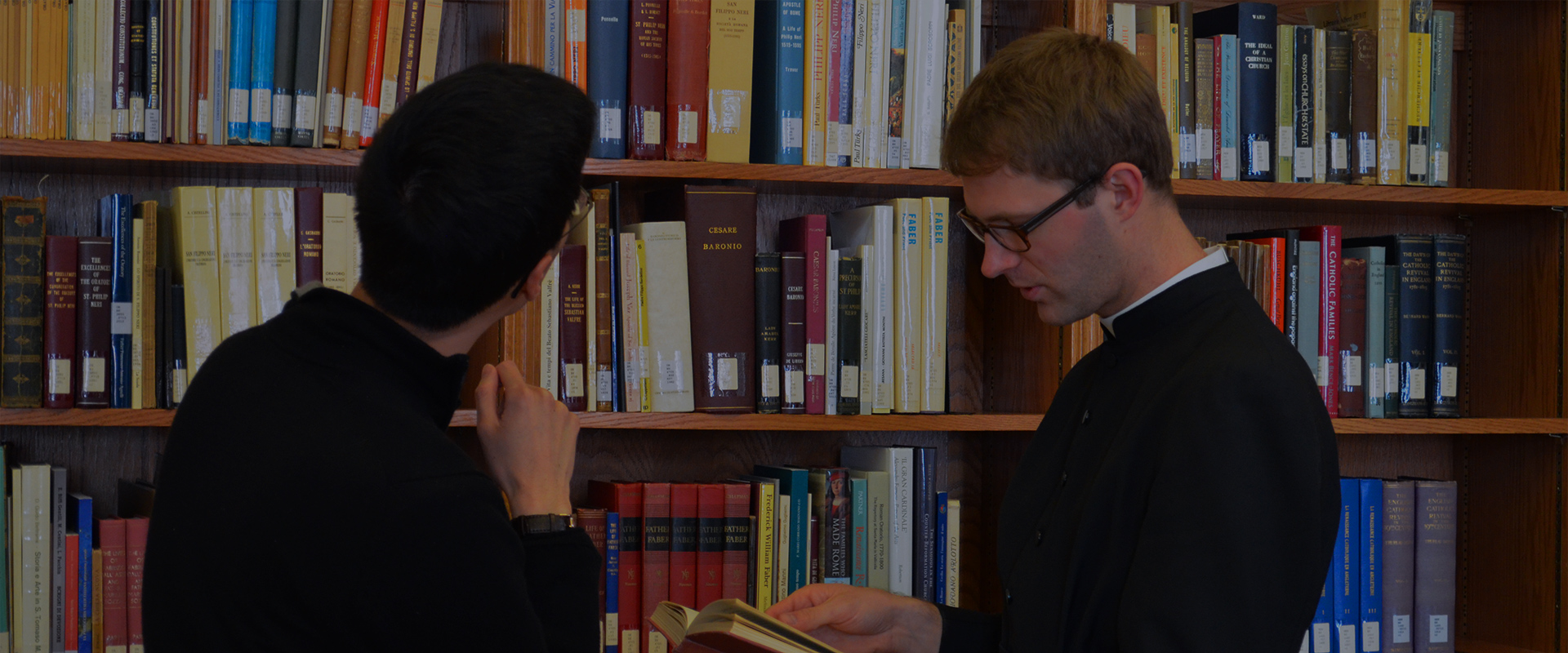
Seminary education, at best, often looks like this: in their philosophy courses seminarians become acquainted with a more or less classical philosophical approach, much abbreviated from previous days, together with a smattering of the history of philosophy that affords some sense of a radical break between the ancients and the moderns.
Three things are lacking, if this impression remains unexamined.
- First, an acquaintance with the diverse ways in which the classical reproduced itself.
- Second, an understanding of how, in its internal diversity, the classical produced the modern.
- Third, a recognition of the diverse ways in which the modern reproduced itself and continues to do so.
The coherence and intelligibility of philosophical history is at stake, as well as the gains and losses which this history has bestowed on theology.
In their theology courses, too, seminarians are no strangers to fragmentation. Assorted instances of the theological craft pile up, but with too little attention paid to their interconnections. The philosophical contexts which have created or sustained these theological essays are neglected. Fragmentation further proliferates when different sub-fields of theology, set on their own agendas, indiscriminately employ philosophical projects that proceed from disparate starting points and arrive at dissimilar ends.
Philosophical and theological studies are not hurdles to be negotiated before ordination; they are the necessary background to contemporary pastoral practice. But what is also needed, in order to unlock the power of these studies, is a comprehension of the integral intellectual history of the Church. Only in this way can a seminarian intelligently overcome the anxieties which may lure him into indifference or hostility towards the past or the present; and only then can he peacefully and confidently discharge his mission in the Church.

